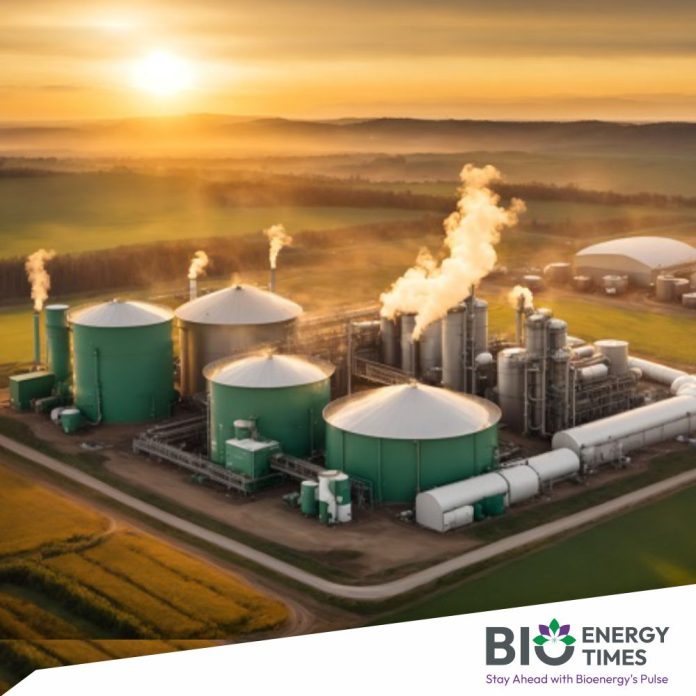GAIL (India) Limited and VERBIO India Private Limited have signed a Memorandum of Understanding (MoU) to explore the establishment of Agricultural Residue-based Compressed Biogas (CBG) plants across India. The signing took place in the presence of Sandeep Kumar Gupta, C&MD of GAIL, along with other functional Directors from GAIL and Claus Sauter, Founder/CEO of VERBIO Group.
The MoU was signed by Sumit Kishore, Executive Director (Business Development and Exploration & Production) at GAIL, and Ashish Kumar, Managing Director of VERBIO. This partnership aims to combine the strengths of both companies to promote sustainable energy solutions and increase the use of agricultural waste.
According to the MoU, both parties plan to collaborate on identifying suitable sites for establishing greenfield Agri Residue-based CBG plants in a Joint Venture (JV) format. They will conduct feasibility studies on the proposed projects, and based on the findings, seek investment approvals from their respective managements to move forward with the projects and the formation of a JV company. Additionally, GAIL may consider acquiring equity in VERBIO’s existing CBG plant located in Punjab.
During the signing event, Sandeep Kumar Gupta stated, “This MoU with VERBIO is a crucial step in our commitment to advancing clean energy in India. By utilizing agricultural residues for CBG production, we aim to enhance the nation’s energy security and sustainability objectives. This initiative will provide a renewable energy source while also supporting local farmers by making use of agricultural waste, thereby improving their income and livelihoods.”
Claus Sauter commented, “We are excited to partner with GAIL to implement bioenergy solutions that address stubble burning in India. This collaboration aligns with our vision to promote CBG and support farmers and the rural economy. With GAIL as a strong partner, VERBIO can replicate the success of the CBG proof of concept established in Punjab across the country. Both GAIL and VERBIO are dedicated to fostering innovation in the biofuel sector, and this collaboration highlights that commitment. By utilizing agricultural residues, we aim to generate clean energy, reduce GHG emissions, and make a positive environmental impact.”
To read more about Biogas Industry News, continue reading BioEnergyTimes.com















